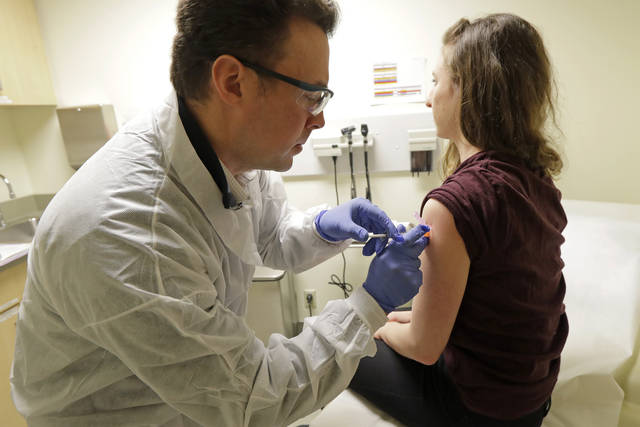Public emergencies are not opportunities for making permanent changes in public policies. Politicians under the best of circumstances naturally pander to people’s commonplace fears, such as alarm over imports, immigrants and income inequality. But emergencies, by shortening voters’ time horizons and intensifying sensations of individual helplessness, increase voters’ fears and thus incite them to turn over to the state even more resources and power.
Public emergencies also make voters more vulnerable to scare tactics used by pundits with dangerous axes to grind.
One such dangerous axe is hostility to globalization.
It’s true that in a globally interconnected world viruses and some other problems spread more easily across borders than in a world less globalized. Perhaps if the Chinese people were still being crushed beneath the heel of Chairman Mao’s boot, we’d not have the covid-19 pandemic. After all, people so crushed by tyranny are not attractive partners for Americans and others to trade with.
Yet without denying the seriousness of the coronavirus, it would be the height of folly to use this disease as an excuse to scale back globalization. To do so would be to ignore globalization’s upside.
Forget that globalization helps to fuel overall economic growth. And forget that the wealthier a people, the longer is their life expectancy — meaning, in part, that material prosperity better enables people to avoid illnesses and to cope with illnesses that can’t be avoided. Focus instead on the reality that globalization is an important source of medical breakthroughs and public-health improvements.
Here’s a partial list of medicines, medical treatments and public-health measures that originated outside of the United States and, thus, are made available to us Americans through our connections with non-Americans. How many of these marvels are you willing to sacrifice in order to be shielded from the possibility of the likes of covid-19?
— Antibiotics. Discovered chiefly by Alexander Fleming – a Scot working in London – with important supporting roles played by an Australian and a German.
— Immunology. Major developments originating in England, Germany, France, and Austria.
— Pasteurization. Discovered in France.
— Typhoid vaccine. Formulated in England.
— Epidemiology. Major breakthrough in England.
— Anesthesia. Major developments made in England and Scotland.
— Chlorination of water. Began in Germany and England.
— Insulin. Developed for medical use with the chief contributions coming from Romania, England and Canada.
—Heart transplant. First performed in South Africa.
— Discovery of how the immune system identifies cells invaded by viruses. Major advances in Australia and Switzerland.
To the extent that we close ourselves off to foreign commerce, we close ourselves off to much more than what globalization’s opponents contemptuously dismiss as “trinkets and T-shirts.” We close ourselves off also to, among other non-trivial goods, medical and scientific advances made abroad. And we also lose foreign-produced additions to supplies of medicines produced here at home.
More generally, the more we retreat from international commerce, the more we lose access to creative ideas from others. Ninety-six percent of humanity resides outside of the U.S. And so Americans who, rationally frightened by covid-19, advise that we shutter ourselves to the world thereby advise — quite irrationally — that we close ourselves off to 96% of human problem- solving capacity. Any such closing-off would, over the long run, prove far more lethal than the coronavirus.








